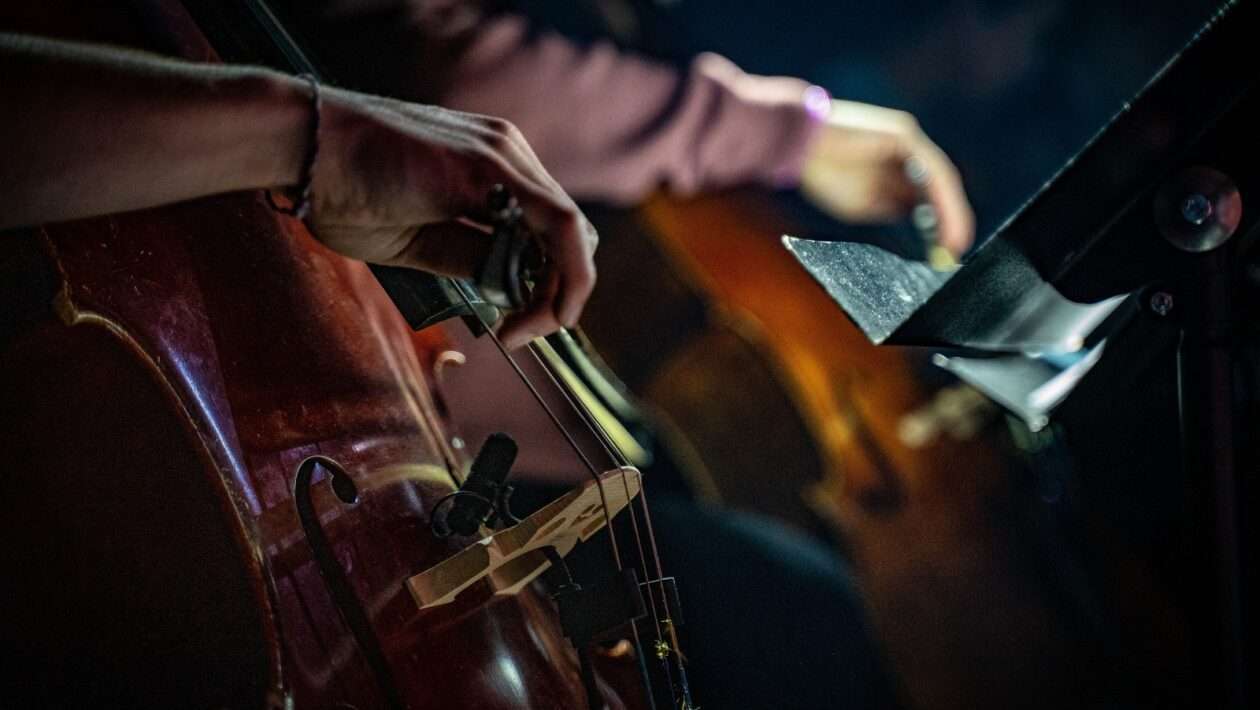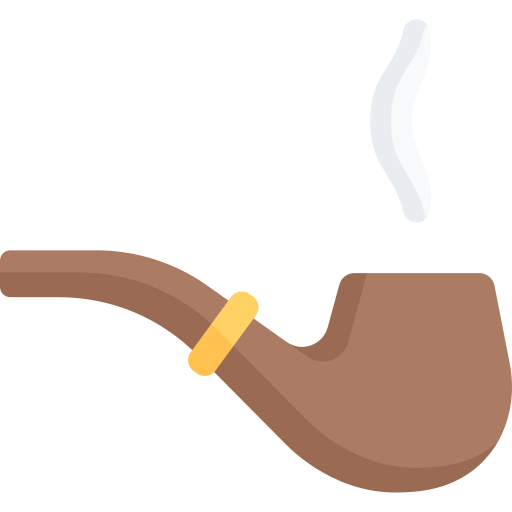| act |
scene |
line |
|
Click here to find out more about suggested song |
| I |
iii |
|
LH39 trumpet sound throughout |
|
|
|
6 |
[Flourish]…The trumpets sound… [and answered by another trumpet within.] |
|
|
|
25 |
The trumpets sound [=Tucket] |
|
|
|
117 |
[Sound trumpets; and set forward, combatants!]. {A charge is sounded} cf LH271-2 |
|
|
|
122 |
A long flourish |
|
|
|
128-9 |
[so roused up with boist’rous untuned drums, With harsh-resounding trumpets’ dreadful bray] |
|
|
|
161-7 |
[And now my tongue’s use is to me no more Than to an unstringèd viol or a harp, Or like a cunning instrument cased up, Or, being open, put into his hands That knows no touch to tune the harmony. Within my mouth you have enjailed my tongue, Doubly portcullised with my teeth and lips] |
|
|
|
237 |
{Flourish} |
|
|
|
Q (288-291) |
[Suppose the singing birds musicians, The grass whereon thou tread’st the presence strew’d, The flowers fair ladies, and thy steps no more Than a delightful *measure or a dance] This musical allusion occurs only in the 1597 Quarto as lines 21-24 of a section dropped from the Folio. |
|
| II |
i |
5-14 |
[O, but they say the tongues of dying men Enforce attention like deep harmony: Where words are scarce, they are seldom spent in vain, For they breathe truth that breathe their words in pain…The setting sun, and music at the close, As the last taste of sweets, is sweetest last] cf. PRMA (1941-2) 19ff ‘Domestic music under the Stuarts’ |
|
|
|
150 |
[His tongue is now a stringless instrument]. |
|
|
|
224 |
{Flourish} |
|
|
iii |
0 |
Enter…{with drums} |
|
|
|
57 |
[Here come the Lords of Ross and Willoughby] uDO348-352 ‘Brave Lord Willoughby’ (12 verses} set to ‘Rowland’ (Lord Willoughby’s welcome home’) |
(203a) 266 |
| III |
ii |
0 |
{Flourish} {with drum and colours}. |
|
|
iii |
0 |
Enter…{with drum and colours} |
|
|
|
32-3 |
[Through brazen trumpet send the breath of parley Into his ruined ears] |
|
|
|
60 |
{Northumberland and trumpeter advance to the walls.} The trumpets sound {a parley without, and an answer within; then a flourish within}. |
|
|
|
208 |
Flourish. |
|
|
iv |
6-8 |
[Madam, we’ll dance./ My legs can keep no *measures in delight When my poor heart no measure keeps in grief. Therefore no dancing, girl. Some other sport.] |
|
|
|
19 |
[Madam, I’ll sing] |
|
|
|
22 |
[And I could sing, would weeping do me good, And never borrow any tear of thee.] |
|
| V |
iii |
78-79 |
[Our scene is… now changed to ‘The Beggar and the King’] DO235-240 |
267 (998) |
|
v |
|
CDw79 ‘The potential of dramatic music is exploited by Shakespeare most notably in Richard’s meditation in his cell’ |
|
|
|
0 |
Sennet. LF69; 276-80 ALISON De la tromba pavin brass quintet |
(38a) 268 |
|
|
{1-65} |
(B242) Sweet plaintive music on recorders or oboes. SM18 broken consort or lute |
|
|
|
41 |
The music plays (S201) string consort |
269 |
|
|
|
a) (B242): ‘When griping griefs’ N187 |
(282) |
|
|
|
b) (B242): DOWLAND Lachrymae pavan |
(31a) |
|
|
|
c) LH73-4: ‘Heart’s-ease’ (Celtic harp, if transposed to G) |
(281a) |
|
|
41-8 |
[Music do I hear? Ha, ha; keep time! How sour sweet music is When time is broke and no proportion kept. So is it in the music of men’s lives. And here have I the daintiness of ear To check time broke in a disordered string; But for the concord of my state and time Had not an ear to hear my true time broke.] cf Ke44/ N&31-32 |
|
|
|
55-60 |
[Now, sir, the sound that tells what hour it is Are clamorous groans…While I stand fooling here, his jack of the clock] DO224-5 ‘Jack boy, ho boy, news„’ |
270 (294a) |
|
|
61-65 |
[This music mads me. Let it sound no more, For though it have holp madmen to their wits, In me it seems it will make wise men mad. The music ceases (cf N&31-2) Yet blessing on his heart that gives it me! For ‘tis a sign of love.] |
|
|
vi |
0 |
{Flourish} |
|


Ako hudba a zvukové efekty obohacujú pochopenie divákov o Shakespearovej hre Richard II?
Hudba a zvukové efekty pridávajú hlbokú emocionálnu vrstvu a pomáhajú divákom lepšie vnímať atmosféru a emócie postáv. Ich použitie môže posilniť dramatické momenty a podporiť hlbšie pochopenie charakterov a situácií v hre.
Môže moderná hudba správne doplniť historické hry ako je Richard II bez narušenia ich autenticity?
Moderná hudba môže priniesť nový výklad a prístup k hre, zvýrazniť určité témy a urobiť ju prístupnejšou súčasným divákom. Kľúčom je citlivý výber a adaptácia hudby tak, aby podporovala, a nie narušovala vnímanie pôvodného diela.
Máme právo meniť Shakespearove diela pridávaním moderných prvkov, ako je hudba, alebo by sme mali zachovať ich pôvodnú formu?
Shakespearove diela sú považované za univerzálne a nadčasové, a ich adaptácia pre moderné publikum môže byť považovaná za spôsob, ako udržať ich relevantné a živé. Pridávanie moderných prvkov, vrátane hudby, môže oslovit nové generácie divákov, zatiaľ čo rešpektovanie jadra a ducha originálu zostáva dôležité.